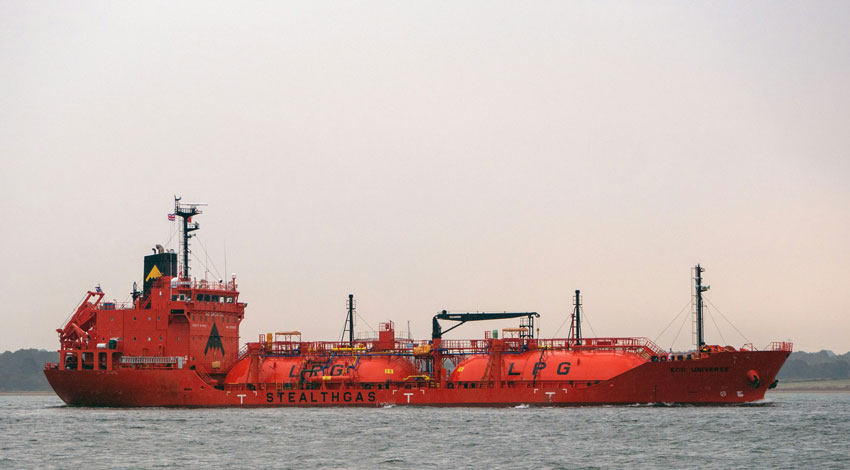Maritime industries have long been the lifeblood of global trade and commerce. From ancient times to the modern era, the seas have facilitated the movement of goods, people, and ideas across continents. In recent years, however, the maritime sector has undergone significant transformations, driven by technological advancements, environmental concerns, and shifting geopolitical dynamics. This article delves into the various facets of maritime industries, from shipping and logistics to offshore energy and marine conservation, highlighting their importance and potential in the 21st century.
Shipping and Logistics: Shipping remains the backbone of global trade, with over 90% of the world’s trade carried by sea. Containerization revolutionized the industry, enabling efficient transport of goods on a massive scale. Today, mega-container ships ply the oceans, connecting distant markets and driving economic growth. Moreover, advances in logistics technology, such as real-time tracking systems and automated ports, have further optimized supply chain operations, reducing costs and enhancing reliability.
Offshore Energy: The maritime domain holds vast untapped potential for energy production. Offshore oil and gas exploration have long been key drivers of economic development, providing crucial energy resources to meet global demand. Additionally, offshore wind farms are gaining momentum as renewable energy sources, harnessing the power of wind currents over the open seas. Innovations in floating platforms and deep-water drilling techniques continue to expand the frontiers of offshore energy, offering sustainable alternatives to traditional fossil fuels.
Marine Conservation: Amidst the economic activities that rely on the seas, marine conservation has emerged as a pressing concern. Overfishing, habitat destruction, and pollution threaten the health of marine ecosystems, jeopardizing biodiversity and livelihoods. Efforts to establish marine protected areas, regulate fishing practices, and mitigate pollution are essential to safeguarding the oceans for future generations. Furthermore, initiatives such as sustainable aquaculture and eco-friendly shipping practices promote responsible stewardship of marine resources.
Emerging Technologies: The maritime industry is witnessing a wave of technological innovation, driving efficiency, safety, and sustainability. Autonomous vessels equipped with artificial intelligence and remote sensing capabilities promise to revolutionize maritime transportation, reducing the risk of human error and optimizing route planning. Moreover, blockchain technology is being leveraged to enhance transparency and security in maritime logistics, streamlining documentation processes and combating piracy and illicit activities.
Conclusion: In conclusion, maritime industries play a pivotal role in the global economy, facilitating trade, powering energy production, and preserving marine ecosystems. As we navigate the challenges of the 21st century, harnessing the full potential of the seas requires a concerted effort from governments, industry stakeholders, and environmental advocates. By embracing innovation, promoting sustainability, and fostering collaboration, we can ensure that the maritime sector continues to thrive, driving prosperity and progress for generations to come.


